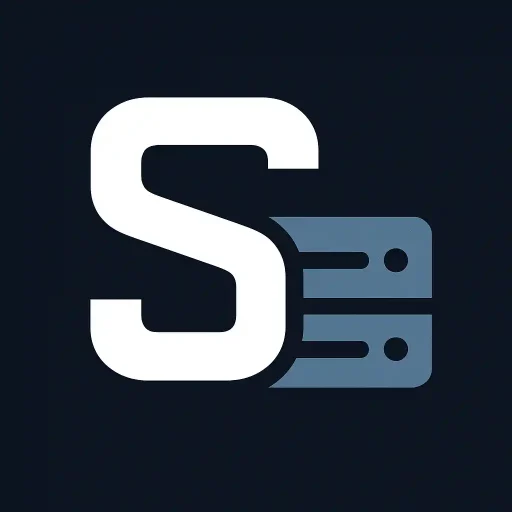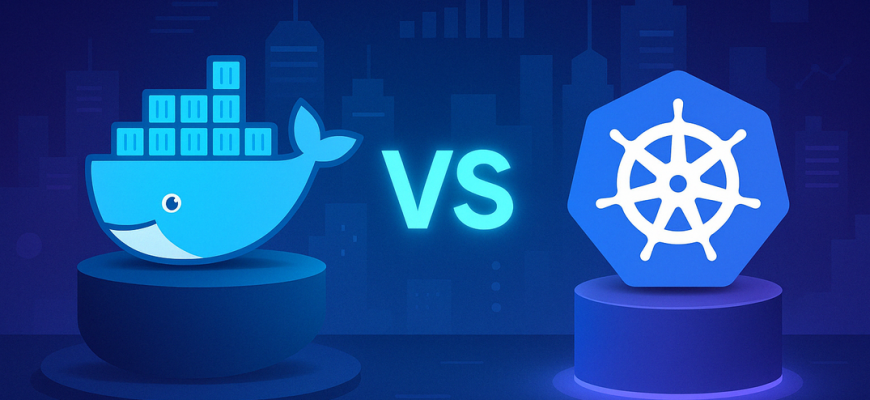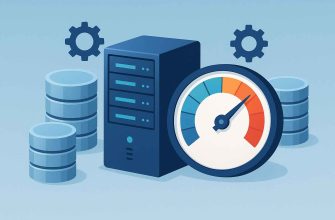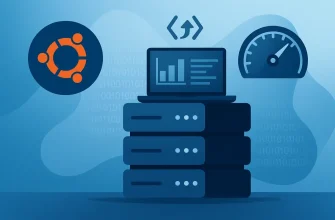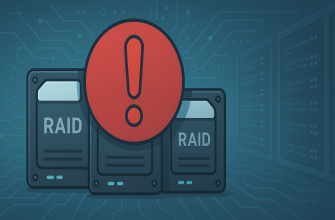Docker vs Kubernetes in 2025: What Developers Actually Use
In 2025, the container ecosystem continues to evolve rapidly — but the debate remains: Docker vs Kubernetes. Which one do developers actually use today, and for what purposes? Let’s break it down.
Docker: Still the Go-To for Local Development
Docker remains the preferred tool for containerizing applications in 2025, especially for:
- Local development environments
- Testing and debugging containers
- Quick app prototypes
Thanks to Docker Desktop’s user-friendly interface and wide adoption, developers still rely on Docker to package applications and run containers locally. It’s fast, lightweight, and supports virtually every development stack.
Key Docker use cases in 2025:
- Microservices development
- CI/CD pipelines
- Dev environments on macOS and Windows
☸️ Kubernetes: The Standard for Container Orchestration
If Docker is the engine, Kubernetes (K8s) is the entire transportation system. In 2025, Kubernetes has become the industry standard for deploying, scaling, and managing containerized applications in production.
Developers and DevOps teams use Kubernetes for:
- Auto-scaling workloads
- Managing complex microservices architectures
- Running cloud-native apps across clusters
With major cloud providers (AWS, Azure, GCP) offering managed Kubernetes services like EKS, AKS, and GKE, Kubernetes adoption continues to grow — especially in mid-size to large organizations.
Key Kubernetes trends in 2025:
- GitOps and ArgoCD integration
- Multi-cluster and hybrid cloud setups
- Improved developer experience with tools like Helm and K9s
Docker vs Kubernetes: Do You Even Need to Choose?
Here’s the reality: Docker and Kubernetes aren’t competitors — they’re complementary.
- You use Docker to build and run containers.
- You use Kubernetes to orchestrate those containers at scale.
Most modern workflows include both. For instance, a developer might use Docker locally, then push images to a container registry, and deploy to a Kubernetes cluster.
What Developers Actually Use in 2025
According to recent surveys and GitHub activity:
- 90% of developers use Docker during development
- 70%+ of production workloads run on Kubernetes
- Tools like Podman and containerd are gaining traction, but Docker remains dominant for local use
Even with alternatives, Docker and Kubernetes are still at the center of the container ecosystem.
Final Thoughts
In 2025, it’s not “Docker or Kubernetes” — it’s Docker and Kubernetes.
If you’re building or scaling modern apps, you’ll likely need both. Start with Docker for development, and move to Kubernetes when you’re ready to go big.
TL;DR
- Docker is still #1 for development
- Kubernetes rules production
- They work best together
- In 2025, they’re more essential than ever
